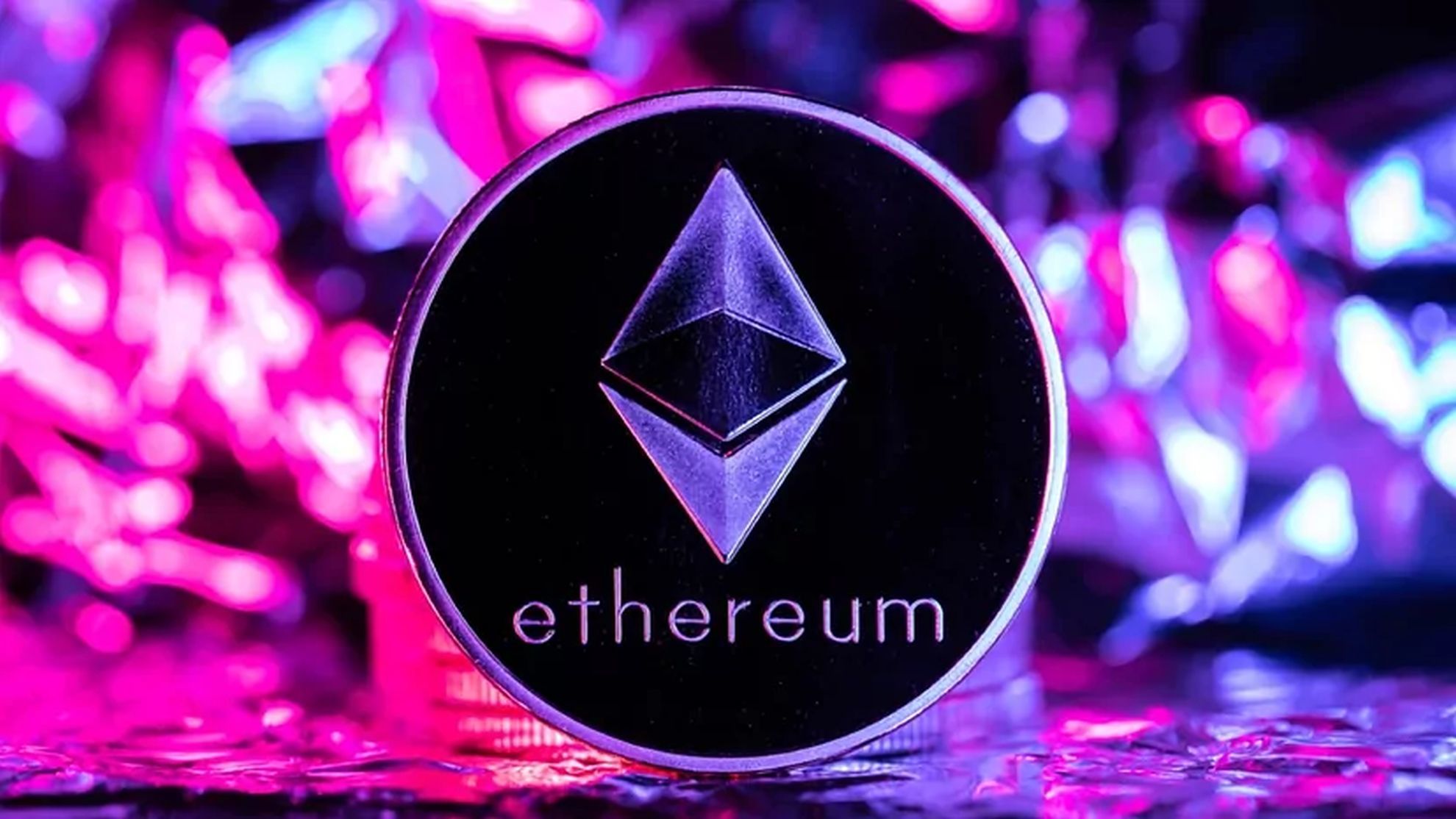Ethereum | Abbreviated as “ETH,” holds a unique position as the native currency within the Ethereum blockchain, standing as one of the most prominent cryptocurrencies in the digital realm. Distinguishing itself from Bitcoin, ETH serves not only as a peer-to-peer trustless currency but also as the essential “fuel” driving the Ethereum blockchain’s decentralized applications (dApps) and financial networks.

Ethereum’s Versatility: More Than Just Transactions
Ethereum’s appeal extends far beyond financial transactions. This versatile blockchain empowers software developers to create an array of applications, spanning from decentralized lending platforms to social media networks. Ether, acting as the lifeblood of Ethereum, fuels these applications, underscoring its significance.
Ether as the Catalyst: Fueling Ethereum Functionality
Ether is aptly described as the “fuel” that powers the Ethereum network. Any operation on the blockchain necessitates an allocation of ether, leading to the popular reference to Ethereum network fees as “gas.” Miners or validators are incentivized to process and validate transactions, enhancing network security and expanding the blockchain in return for ether rewards, including priority fees or “tips.”
Ethereum 2.0: A Transformative Shift for Ether

Ethereum’s impending upgrade to Ethereum 2.0 brings profound changes. Moving from energy-intensive proof-of-work to the more eco-friendly proof-of-stake mechanism, ETH’s significance amplifies. Validators, who secure and validate transactions in this new system, are required to stake ETH 32, emphasizing ETH’s role as a safeguard against network attacks.
<Crypto Wallet – Best Crypto Wallets to Store Your Crypto>
Ether’s Expanding Utility
Ether’s utility continues to evolve, fueled by Ethereum’s programmability. Beyond its original role as a trustless currency, decentralized exchanges and dApps now enable users to trade ETH for various tokens, generate stablecoins, and even earn interest on their ETH holdings.
The Multifaceted Value of Ether

The value of ether varies among users. Its utility extends from being a digital currency for everyday transactions, such as via the BitPay Card, to covering essential transaction fees on the Ethereum blockchain. With a reduced issuance rate post-transition to proof-of-stake, some view ETH as a deflationary asset. For financial app users, ETH acts as collateral for crypto loans and a payment system. Furthermore, investors consider ether as a potential investment, akin to Bitcoin and other cryptocurrencies.
Ether’s Unique Characteristics
At its core, ether functions as a cryptocurrency, providing users with the autonomy to be their own banks. Its decentralization and global accessibility set it apart, as it is beyond the control of any single entity or jurisdiction. The divisibility of ETH up to 18 decimal places ensures accessibility for users at any scale.
Distinguishing Ether from Ethereum

It’s essential to differentiate between Ethereum and ether. Ethereum encompasses the entire blockchain ecosystem, offering digital currency, global payments, and smart contract functionality. In contrast, ether is Ethereum’s native cryptocurrency, serving as the driving force behind the decentralized applications built on the Ethereum blockchain, cementing its pivotal role within the network.
<Ethereum Vs Bitcoin – Which one is more worth investing in?>



